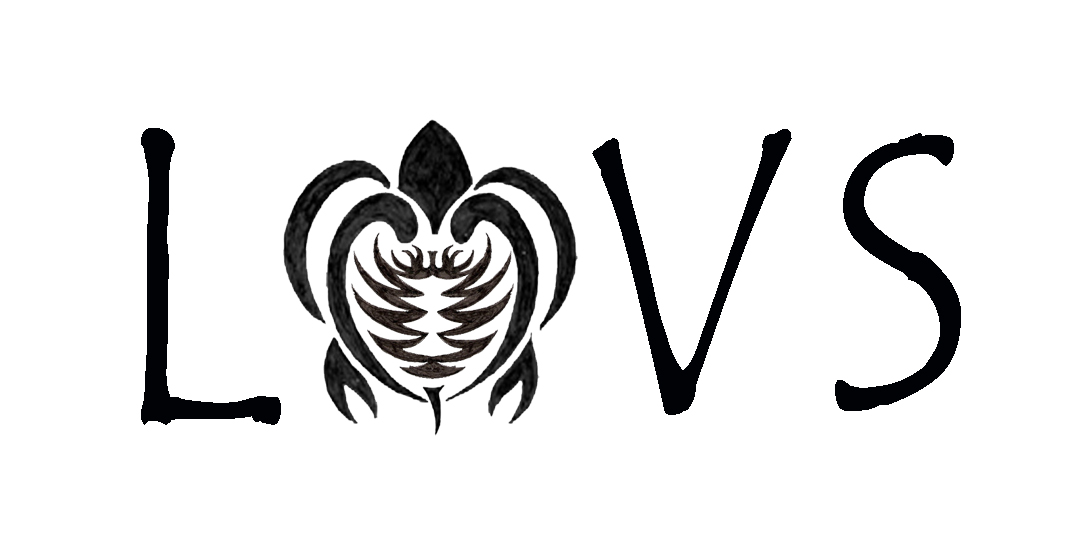If an adult is not able to provide for their care or protect their physical or financial safety, the court may appoint a substitute decision maker, either a guardian or conservator or both. You must go through the Court to have a guardian and conservator named. Even if you nominate someone to be your guardian in a Power of Attorney or Advanced Healthcare Directive, this person will still need to be approved by the court.
A guardian is a person or institution appointed by a court to make decisions about the personal well-being — residence, health care, nutrition, education, personal care, etc. — of an incapacitated adult, who is called a "protected person."
A conservator is a person or institution appointed by the court to make decisions about a protected person's estate. The protected person's estate includes all of his or her property, business and personal. Some examples are income (such as wages, an annuity, a pension, and Social Security or other government benefits), real property (buildings and land), and personal property (furniture, cash, bank accounts, certificates of deposit, stocks, bonds, motor vehicles, and other valuables). A conservator must use reasonable care, skill and caution to manage and invest the estate to meet the protected person's needs over his or her expected life.
